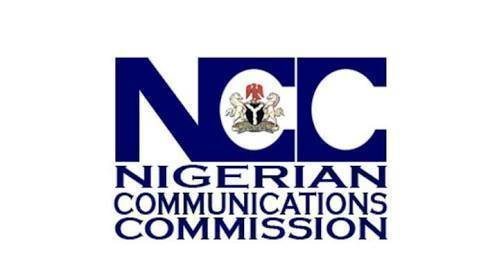There have been rising number of data reports from outside the continent on internet penetration in Africa over the years owing to lack of strong and reliable continental database.
Only last month, one of the technical committee at African Union (AU) decried why the leaders of the continent had over the years left issues of development data in the hands of foreigners who are now pushing the continent to any direction they want.
A report by the committee said many of the reports on African development, trade and industry are doctored to paint the continent in bad colours.
Some reports on Africa internet access released in the third quarter of this year quoted the continent as living with the most outdated telecoms technology in the world which it said, was the major reason why it has remained the poorest in internet access.
But the most unfortunate issue is whether regulators in each African country is up to their roles in equipment certification.
Only last week, World Stats for Africa 2016 report said only 9.3% of people across the African continent are Internet users.
In 2016, there are reports that many African countries have embraced internet and communications technology both in education, health services delivery and business development, but all these are under reported in the continent by a set of deep pocket foreign media.
In Nigeria, the NITDA has refocused its mandate in the growth of ICT in rural areas and efforts are being made to drive the development.
Besides, so many other African countries like Ghana, Tanzania, Cameroun, Gabon and others have gone far in digitalizing their health and educational institutions but they are all under reported.
In today’s digital world, bringing Internet access to rural communities is a tremendous step in the right direction of social development and education.
For example, Mozambican technology start-up company Kamaleon has developed an innovative and engaging way of promoting digital literacy through a shared platform called the “Community Tablet” (“Tablet Comunitário”).
The Community Tablet is a solar powered mobile computer with touch screen displays and virtual keyboards built in on a trailer to provide Internet access to remote areas. In order to facilitate interaction with the virtual world, Kamaleon also offers training on how to use the Internet and its features to members of the community and the local workforce.
Launched in November 2016 in Mozambique, the Community Tablet ultimately aims to promote digital inclusion and a knowledge based society in Africa.
Beginning in Mozambique with an astounding 24 million people with no Internet connection, the Community Tablet will be used to support campaigns on various Health and Education initiatives in partnership with governmental and private organisations.
Besides, the penetration of mobile money in almost all African nation has been put in bad light by a sector of foreign media, painting a scenario that the platform is under performing whereas data generated by many African nations show serious growth.
For example, the volume of reported transactions carried out on mobile money in many African economies has shown growth and a marked departure from analogue financial activities.









